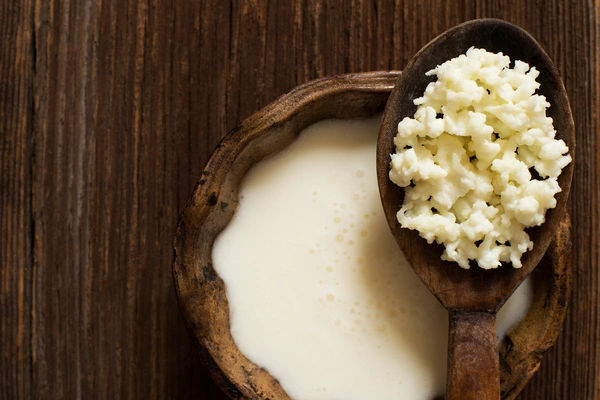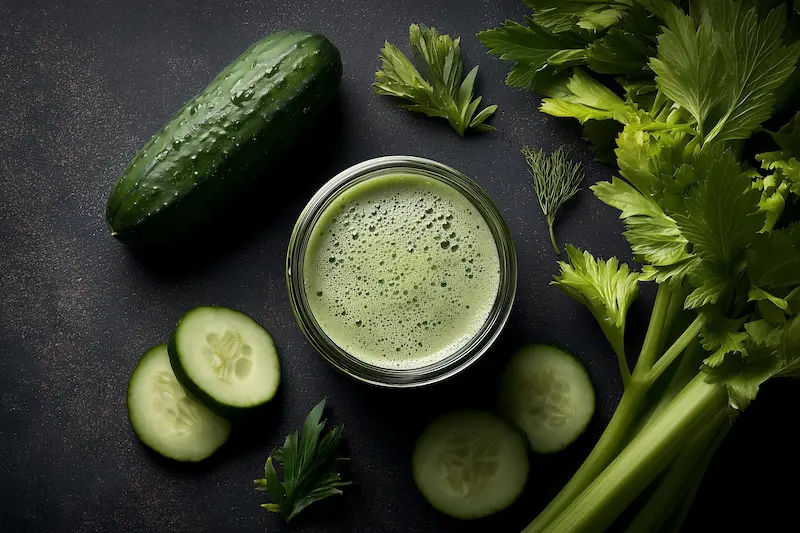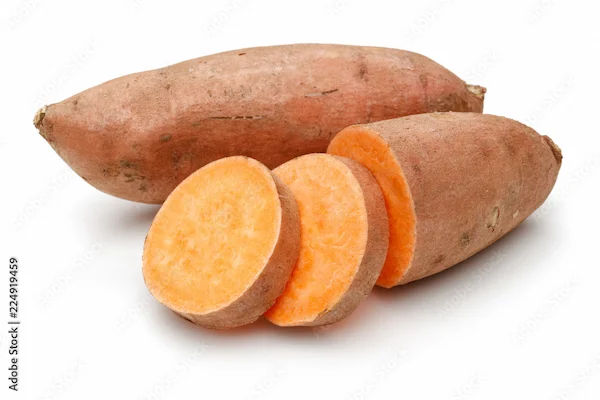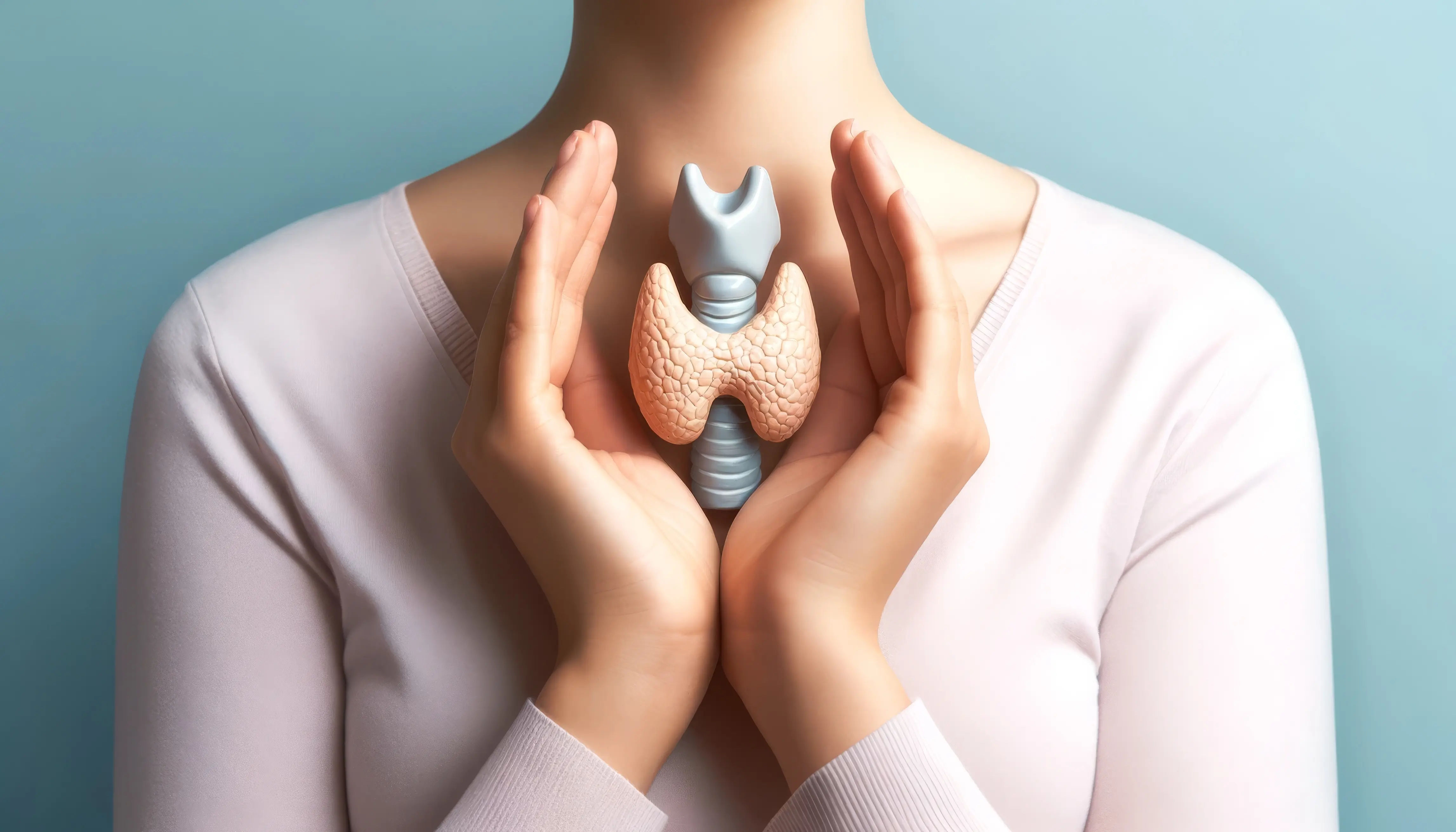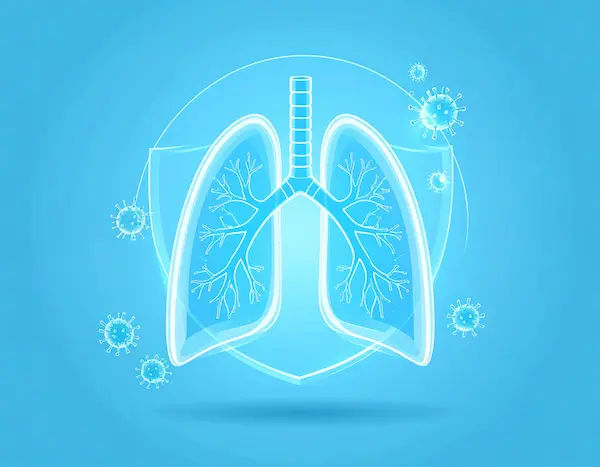Soothing Your Child's Cough: A Caregiver’s Guide to the Common Cold
Learn how to soothe your child’s cough during a common cold with practical tips for caregivers. Discover safe remedies, comfort strategies, and when to seek medical help.

Written by Dr. Rohinipriyanka Pondugula
Reviewed by Dr. J T Hema Pratima MBBS, Fellowship in Diabetes Mellitus
Last updated on 13th Jan, 2026

Introduction
Hearing your child cough can be a heart-wrenching experience. That hacking, persistent sound disrupts their sleep, ruins their playtime, and leaves you, the caregiver, feeling helpless. While a cough is a common symptom of the ubiquitous childhood cold, knowing how to treat it effectively and safely is crucial. This guide will walk you through everything you need to know—from understanding the different types of coughs and implementing proven home remedies to recognising the warning signs that demand a doctor's attention. Our goal is to empower you with knowledge and provide comfort, helping you navigate the cold season with confidence.
Understanding Why Your Child is Coughing
Before reaching for any treatment, it's helpful to understand what a cough actually is. It's not an illness itself but a vital reflex. It’s the body's way of protecting the lungs by clearing irritants like mucus, microbes, and dust from the airways. During a common cold, this reflex is triggered by excess mucus dripping down the back of the throat (postnasal drip) or inflammation in the airways.
The Common Cold: The Usual Suspect
The vast majority of childhood coughs are caused by viral infections, with the common cold being the prime culprit. Children can get between 6 and 8 colds per year, and each one can bring a nagging cough that lingers even after other symptoms have faded. This is because the airways can remain irritated and sensitive for weeks after the virus has left the body.
Wet Cough vs. Dry Cough: What’s the Difference?
Wet Cough (Productive): This cough sounds phlegmy or chesty and serves to bring up mucus (sputum) from the lower airways. It's the body’s mechanism for clearing congestion from the lungs.
Dry Cough (Non-Productive): This is a hacking cough that doesn’t produce mucus. It's often caused by irritation and inflammation in the upper throat (larynx) and is common with colds and flu.
Identifying the type can help you choose the most effective home treatment for your child's chesty or dry cough, though the fundamental care strategies for both are similar.
Consult a Paediatrician for the best advice
Effective and Safe Home Remedies for Cough Relief
Most childhood coughs from colds can be managed effectively at home with simple, comforting measures. These remedies focus on soothing irritation and supporting the body's own healing processes.
The Power of Hydration: Your First Line of Defense
Keeping your child well-hydrated is the single most important thing you can do. Fluids help thin out mucus, making it easier to cough up if it’s wet or to soothe a dry, scratchy throat. Offer water, clear broth, or diluted fruit juices. For infants, stick to breast milk or formula. Even if they don’t want to drink much, encourage small, frequent sips throughout the day.
Humidity and Steam: Easing Breathing and Congestion
Dry air can worsen a cough. Using a cool-mist humidifier in your child’s bedroom adds moisture to the air, which can help reduce throat irritation and loosen congestion. For a quick steam session, sit with your child in a bathroom filled with steam from a hot shower for 10-15 minutes before bed. This can work wonders for relieving a child's nighttime cough.
The Honey Remedy: A Sweet Solution (For Children Over 1)
Multiple studies, including one published in Archives of Pediatrics & Adolescent Medicine, have found that honey can be more effective than over-the-counter cough suppressants at reducing cough frequency and severity. Its thick consistency coats and soothes the throat.
Important: Never give honey to a child under one year of age due to the risk of infant botulism. For children over 1, a half teaspoon to two teaspoons before bed can be helpful.
Saline Drops and Nasal Suction: Clearing the Source
Since much coughing is triggered by postnasal drip, keeping the nose clear is key. For young children who can't blow their nose, use over-the-counter saline (saltwater) nasal drops or spray to loosen thick mucus, then gently suction it out with a bulb syringe or nasal aspirator. This is especially helpful before feedings and bedtime.
Rest and Comfort: Letting the Body Heal
Ensure your child gets plenty of rest. Their body is working hard to fight the virus, and sleep is essential for recovery. Prop up their head with an extra pillow (if they are old enough) to use gravity to reduce postnasal drip and coughing at night.
Navigating Over-the-Counter (OTC) Medicines
Why Doctors Advise Against Cough Syrup for Young Children
The American Academy of Pediatrics (AAP) strongly advises against using OTC cough and cold medicines for children under the age of 4. For children aged 4-6, they should only be used if specifically recommended by a doctor. Why? Research shows they are largely ineffective in young children and carry a risk of serious, even life-threatening, side effects. The doses are not well-standardised for young kids, and it's easy to accidentally give too much.
Safe Options for Fever and Pain Relief
If your child’s cold and cough are accompanied by a fever or body aches that are making them uncomfortable, it is generally safe to use acetaminophen (for infants over 3 months) or ibuprofen (for children over 6 months). Always ensure you are using the correct dosage based on your child's weight, not their age.
Red Flags: When to Call the Doctor Immediately
While most coughs are harmless, some symptoms indicate a more serious problem. If your child's condition does not improve after trying these methods, consult a doctor online with Apollo24|7 for further evaluation.
Recognising Signs of Respiratory Distress
Seek immediate medical attention if your child exhibits:
Difficulty breathing: Struggling for each breath, breathing very fast, or seeing the skin between the ribs or above the collarbone pull in with each breath (retractions).
Cyanosis: Lips, face, or tongue turn a bluish color.
Severe croup: A loud, barking cough accompanied by noisy, high-pitched sounds when breathing in (stridor).
Symptoms That Point to Something More Serious Than a Cold
Contact your pediatrician or book a physical visit to a doctor with Apollo24|7 if you notice:
A persistent cough after cold that lasts for more than two weeks.
A fever that lasts more than 3 days or any fever in a baby under 3 months.
Lethargy, extreme irritability, or signs of dehydration (no tears when crying, no wet diapers for 6+ hours).
A whooping sound when breathing in after a coughing fit.
Coughing up blood-tinged mucus.
Preventing the Spread of Colds and Coughs
Teach your child to wash their hands frequently with soap and water. Cover coughs and sneezes with an elbow or tissue, avoid sharing cups and utensils, and disinfect commonly touched surfaces. A strong immune system built on a healthy diet, adequate sleep, and routine vaccinations also offers the best defense.
Conclusion: Patience, Comfort, and Knowing When to Seek Help
A cough from a common cold can be frustrating for both child and parent, but it's usually a self-limiting condition that just needs time and tender loving care. Your best tools are patience, hydration, humidity, and honey (for children over one). Remember, cough medicines are rarely the answer for young children. Trust your instincts—you know your child best. While most coughs will run their course, always be vigilant for those red flag symptoms. When in doubt, seeking professional medical advice is the safest and most prudent course of action. Your care and comfort are the most powerful medicine of all.
Consult a Paediatrician for the best advice
Consult a Paediatrician for the best advice

Dr. Shubhadeep Das
Paediatrician
17 Years • MBBS, MD (Paediatrics), FRCPCH (London), FRCP(Edinburgh), FRCP (London), EPIC Diploma, Fellowship in Paediatric Intensive care & Cardiac Intensive care (Canada and UK ).
Kolkata
Dr Shubhadeep Das's Child care clinic, Kolkata
(150+ Patients)

Dr Yaja Jebaying
Paediatric Gastroenterologist
9 Years • MBBS, MD PEDIATRICS, FELLOWSHIP PEDIATRIC GASTROENTEROLOGY AND HEPATOLOGY AND LIVER TRANSPLANTATION
Delhi
Apollo Hospitals Indraprastha, Delhi
(25+ Patients)

Dr. Suhena Sengupta
Paediatrician
15 Years • MBBS, IPPC
Kolkata
MCR SUPER SPECIALITY POLY CLINIC & PATHOLOGY, Kolkata
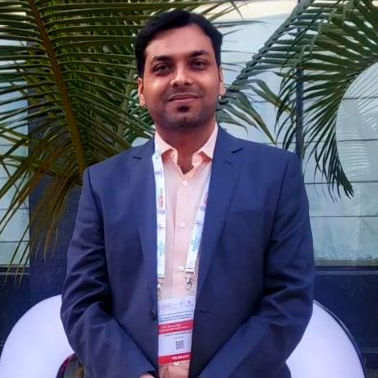
Dr. Dikpati Mukherjee
Paediatrician
12 Years • MBBS, MD (Paed.)
Kolkata
MCR SUPER SPECIALITY POLY CLINIC & PATHOLOGY, Kolkata
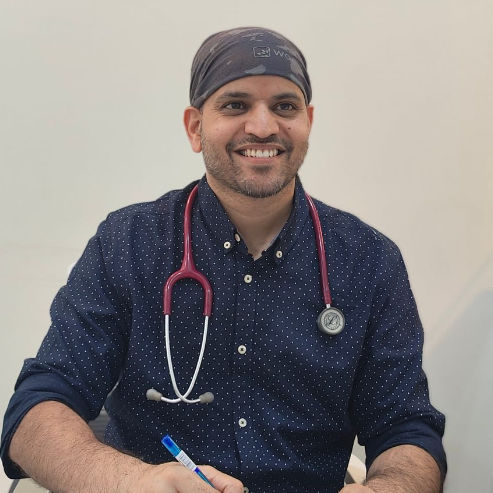
Dr. Saurabh Sharma
Paediatrician
15 Years • MBBS, MD Paediatrics
Pune
Blooming Tads, Pune
(75+ Patients)
